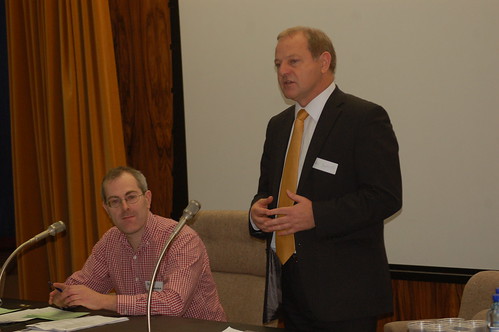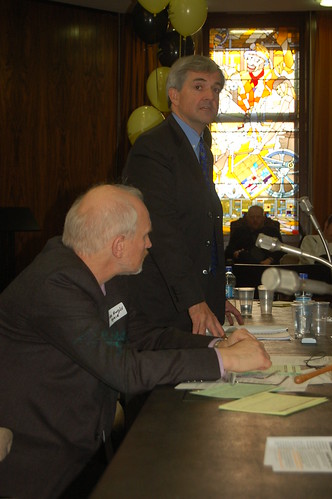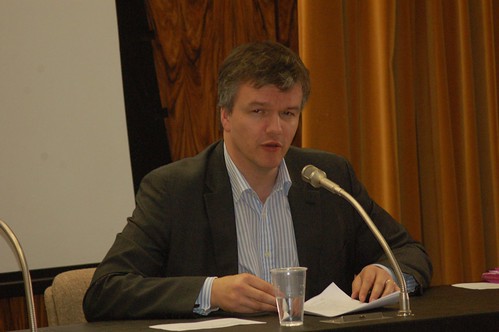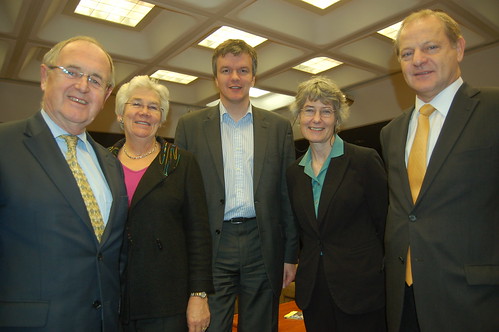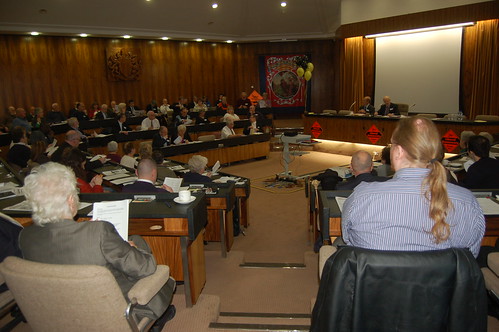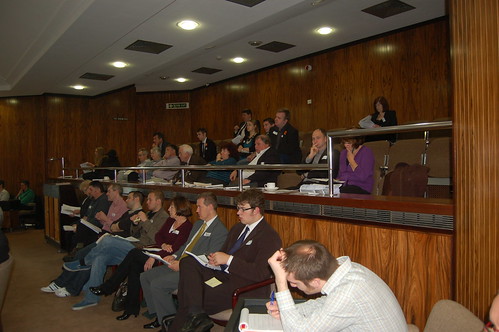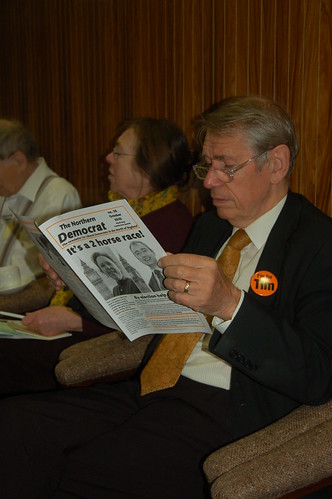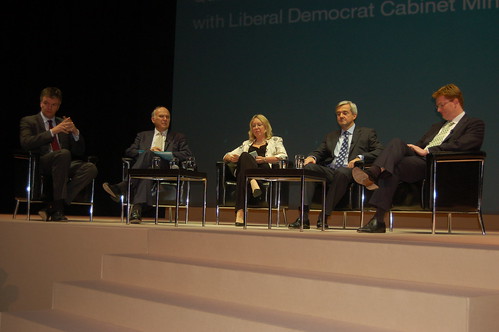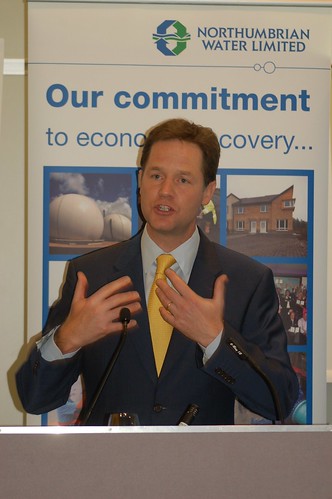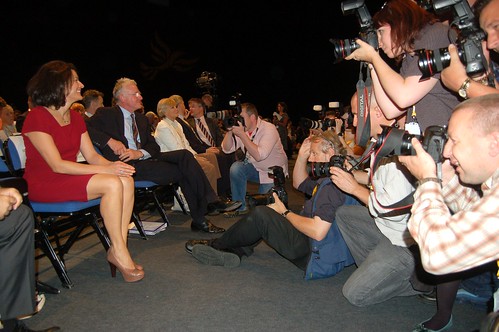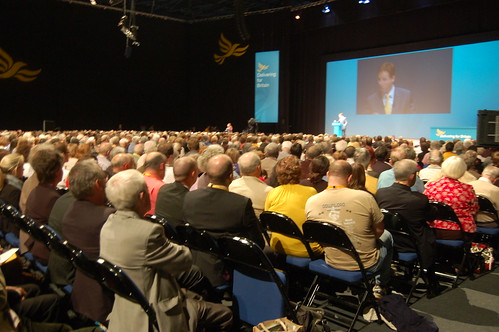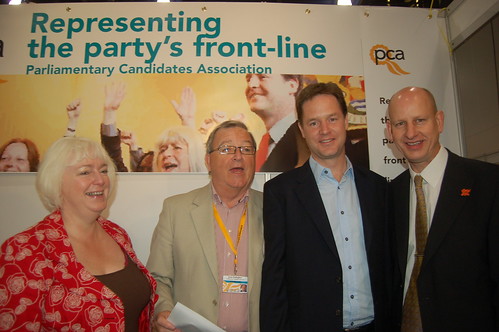Excellent news from Parliament yesterday over plans to privatise the Royal Mail and to mutualise Post Office Ltd, the franchising body for the branch network, 95% of which is already made up of private businesses. And what an interesting reappearance for Clause 4, last seen when Take That folded in the mid 90s and, just like Take That, now appears to be returning for a Comeback Tour. As with Take That, the old fans are still there, if a little more aged than previously. Vince Cable dubbed them “Heritage Labour”.
Labour MPs are relighting the fire of socialism as they rant against the privatization of Royal Mail. So I thought I would take a look at what the socialist brothers and sisters from my neck of the world have to say. Let’s start with Sharon Hodgson, MP Sunderland. Mrs Hodgson opened up her attack with the claim that, “Reform of the UK’s postal services was in the manifesto of both the Conservative party and the Liberal Democrats.” Then she went on to admit she had read the entire Conservative election manifesto but found no mention of postal services. Sharon, you really do need to get a life! However, it does seem odd that you can make an opening statement in a speech and then go on to trash what you have just said!
Mrs Hodgson wanted to make great play of the fact it was the Liberal Democrats who are committed to the sale of Royal Mail. Labour claim incorrectly that this is a Conservative government pursuing Conservative policies and constantly claim incorrectly that the Lib Dems are there simply to prop up the Conservatives. The reality is that this is a Coalition following an agreed and negotiated programme between the two parties.
Mrs Hodgson demonstrates however that Labour wants it both ways – attacking the Lib Dems for giving too much away to the Conservatives whilst attacking the Conservatives for following Lib Dem policy. As we have seen from her opening statement however, consistency is not her strong point.
And so to Dave Anderson, Labour MP for Blaydon and dubbed “Heritage Labour” by Vince Cable. This came about because of an early intervention by Mr Anderson following a comment by Vince that he was ahead of the Labour party is calling for nationalization of banks at the start of the financial crisis. Mr Anderson intervened: “May I point out to the right hon. Gentleman that for more than a century a number of Labour Members have believed in the nationalisation of the banks?”
Nice try Dave. But consider the following. It was said by Mr Anderson on 12th December 2007 when he vociferously argued
against the nationalization of Northern Rock when proposed by Vince Cable:
“It is clear that the Liberal Democrats are starting to bottle out. As usual, they have taken an opportunistic chance to make some hay while the sun shines—that is the way they work, and that is up to them. They talk about nationalisation. I spent my life working in nationalised industries—20 years in coal mines and 16 years in local government. I have a very different ideological view from that of my party's Front Benchers: their view is that public ownership is a good thing and we should have more of it.”
So Dave, supporting nationalization is “bottling out” and “opportunistic”.
Yesterday, Mr Anderson claimed that 6,000 miners will die as a result of privatization of mines in China. And for good measure he attacked the last Conservative government for letting Royal Mail have a holiday from paying pension contributions. Given that this happened with Royal Mail as a publicly owned company, quite how that helps the case of continued public ownership is unclear. If anything, it is a case for privatization. The same point goes for his claims that 200,000 miners were put on the dole in Britain. He simply failed to point out that the huge number of job losses in the industry took place under public, not private, ownership.
Mrs Hodgson and Mr Anderson are not lone voices in the Labour Party singing the old tunes of Clause 4 socialism. Retro Labour does seem to be attempting a comeback tour following the collapse of the Blair/Brown central control. Whilst Ed Miliband may want to reject a swing to the left as making Labour unelectable, that same swing is what so many in Labour’s ranks want to do. I suspect the swingers will get their way. Miliband did after all raise expectations which will now be difficult to control. That was clear from yesterday’s Royal Mail debate.
The only proposal offered by Labour was continued public ownership of Royal Mail. It seems tickets for the Clause 4 Comeback Tour have arrive in the post.
